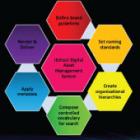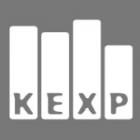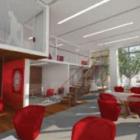
Expanding the Arctic Rediscovery Project: A Personnel Database
In order to generate more information from historical weather and environmental records, the National Oceanographic and Atmospheric Administration (NOAA) created the Arctic Rediscovery Project. One initiative of the Arctic Rediscovery Project is the crowdsourcing transcribing website, Old Weather. Old Weather facilitates the digitization and transcription of historical images, logbooks, and documents by dedicated volunteers and students. As a part of their collection, NOAA has thousands of images featuring personnel from the Geodetic Survey, academic institutions, and crew from old research vessels. These images were digitized, but until now the public had no access to the collection. By constructing a searchable and browse-able database and designing a functioning website to display these images, our capstone project creates an access point for NOAA researchers, historians, relatives, and Old Weather volunteers.





